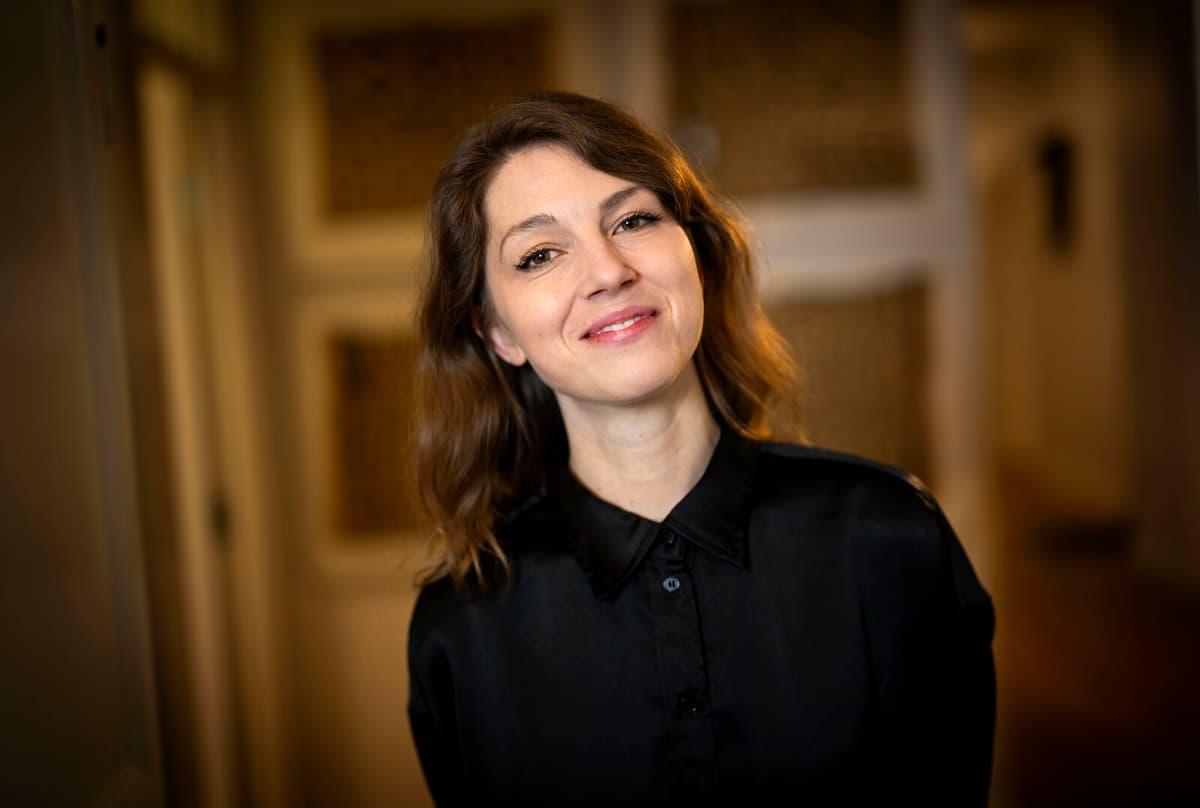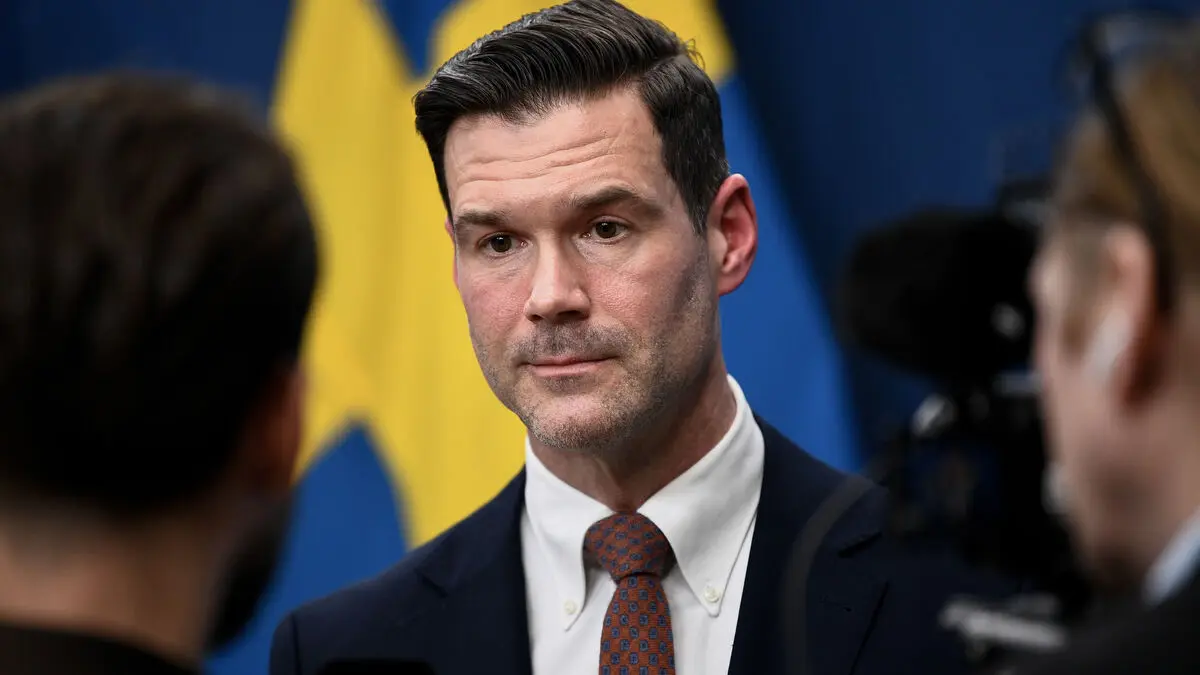During World War II, the Nazis planned to plunder Jewish music collections across Europe. Jews were to be deprived of the right to practice music – and thousands of instruments were stolen. This year's Bindefeld scholarship recipient will now lead a concert where the music of at least twelve murdered composers will be performed.
It's so moving to follow the musicians and their right to express themselves. Their voice disappears, in this case through the instrument being taken away from them during the terrible persecution, says Sofia Winiarski, who thinks it's both "great and honorable" to receive Micael Bindefeld's scholarship.
The idea for the concert came from Anders Rydell's book "Stolen Music", where he describes how a special commando led the hunt for invaluable instruments and musical manuscripts. Rydell and Winiarski are now telling the not-so-well-known story of music plundering.
This is about the eradication of a music culture, so it felt important to let the music speak, she says.
Human Need
Sofia Winiarski hopes to find music in the archives that has never been played before. What unites the selected musicians so far is otherwise string instruments.
They are like treasures and invaluable works of art that are passed on from musician to musician and generation to generation.
She wants to safeguard our human expressions – also in her new job, as the artistic director of Norrköping's symphony orchestra. Sofia Winiarski believes that her social commitment will make an impact. She hopes that the music will reach out into the city, and opposes a politician's statement in 2023 that Norrköping's orchestra is a spoiled cultural elite.
The orchestra is not a decoration or ornament – music belongs to us all and fills a fundamental human need. As humans, we need music and art to process, express, and comprehend our existence on earth; perhaps more than ever. There is no conflict between this and high artistic quality.
Brave Repertoire
Sofia Winiarski's hope is to offer a broad but also brave future repertoire – preferably with a theme that attracts the audience.
There is always an inherent resistance to leaving one's streaming life, and for people to do so, it must be urgent, she says.
Awarded for the tenth time this year. Micael Bindefeld's comment:
With the help of music, Sofia tells a story from the Holocaust that very few know about: the systematic plundering of Jewish music and Jewish musicians' instruments, and the murder of Jewish musicians.
Now it's exactly 80 years since Auschwitz was liberated, so there are very few survivors who can tell the story. This type of storytelling about factual events, by young people for other young people, is more important now than ever – to ensure that the stories live on.






